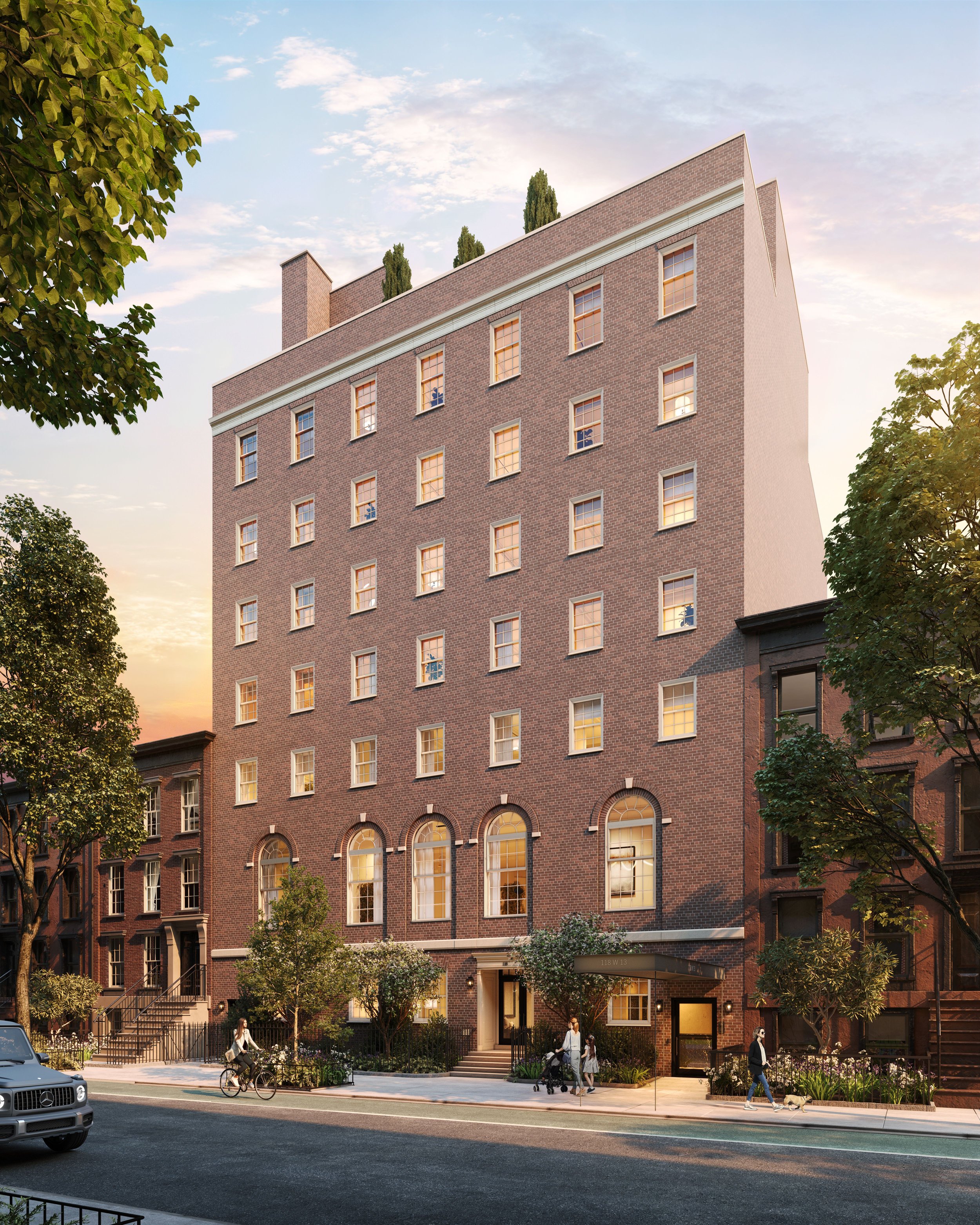Upgrades to Make Your Home More Energy-Efficient
Increasing your home’s energy efficiency isn’t just good for the environment—it can also significantly lower your home’s utility bill. Plus, energy-efficient upgrades are highly desirable among many homeowners, so they can often increase the value of your home. If you’re interested in taking advantage of these benefits, consider trying some of these upgrades to make your home more energy-efficient.
Insulate your home
The expense of heating or cooling your home often takes up a considerable chunk of your home’s energy bill. To reduce costs, consider getting your home insulated. By insulating your home, your heating and cooling systems won’t have to work as hard to regulate the temperature of your home because less air will escape. Areas in your home that are especially important to insulate include your attic, basement, ceilings, floors, and walls, where air often escapes.
Install a smart thermostat
There’s no reason to waste energy heating or cooling your home while you’re not in it. For example, if you spend eight hours at work every day, your temperature control system doesn’t need work overtime to keep your home at a comfortable living temperature. If you have trouble remembering to adjust your thermostat every time you leave the house, consider investing in a smart thermostat. Smart thermostats allow you to easily adjust your home’s temperature so that different settings take effect at different times throughout the day. As a result, your temperature control system won’t waste energy when you’re out of the house, and your home will still be set to your ideal comfort level by the time you get home.
Replace high-energy appliances
Large devices such as refrigerators, stoves, washers, and televisions can use up a lot of energy. By replacing such high-energy appliances with Energy Star products, you can greatly reduce your home’s total energy usage. Energy Star appliances meet energy-efficient specifications set by the EPA, and they’re known to use far less energy than standard appliances. It also helps to switch to a more eco-friendly provider, you can use a site like simplyswitch.com to compare energy deals.
Swap out old doors and windows
Old doors and windows are notoriously drafty. To prevent warm or cool air from escaping your home, consider replacing your doors and windows with newer, thicker versions that will improve your home’s insulation. If you don’t want to make quite as big of an investment, you could also simply add weatherstripping or caulking around your windows to help eliminate air flow.
Install solar panels
If you’re looking for a long-term solution to make your home more energy-efficient, consider investing in solar panels. Solar panels are typically installed on the roofs of homes to collect heat from the sun and convert it into usable energy. Installing solar panels involves some steep up-front costs, but it will help you save a lot of money on energy costs in the long term. Plus, they’re a desirable house feature that can increase the value of your home.
















